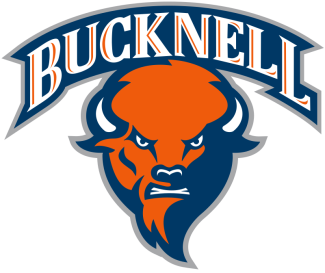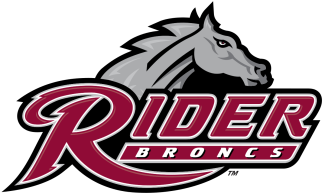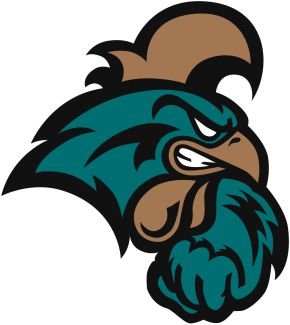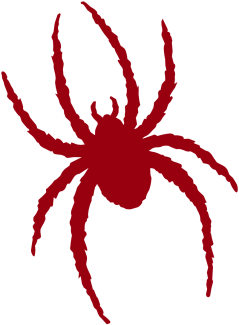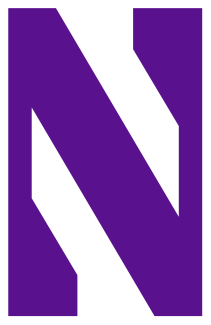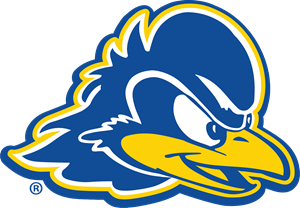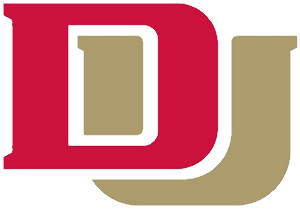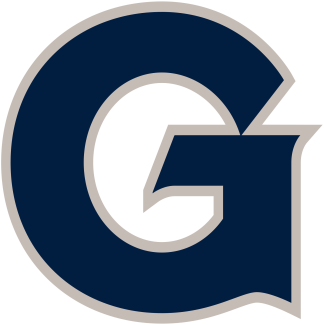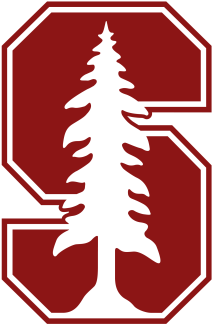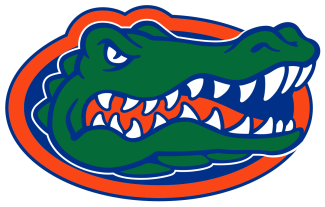Shay has reflected a lot on the growth of his program since Yale erased three years of NCAA tournament first-round losses with its 4-0 postseason run. After overcoming a first-quarter deficit against UMass in the first round, Yale, which had been upset by Cornell, 14-8, in the Ivy tournament title game, never trailed again as the third seed in the NCAAs.
“As long as I’ve been doing this, I’ve wanted to win a national championship,” Shay said. “I’ve sometimes wondered, ‘Would I have wanted this to be any easier?’ I remember standing on the field before we played [Albany] on Saturday [in the semifinals] thinking, ‘Is this really happening?’”
“Our goals this year were obvious, but we kept that [championship] talk at arm’s length,” he added. “I told them every week that they could be better, and I wasn’t lying. We never played a perfect game. But we usually played with an edge.”
Oh, did Yale ever. It fielded the sport’s most lethal combination of offense, defense, athleticism, skill and depth. Its senior class would produce a Division I-leading and school-record six Major League Lacrosse draft picks.
And the Bulldogs played with attitude and blue-collar toughness, which Shay has made a team identity staple for the past decade. No one bullied opponents in 2018 the way Yale did with its aggressive rides. No one sustained a better tempo in the six-on-six game.
And no one could match Yale’s physicality — partly the product of Shay’s decision four years ago to lean hard on assistant strength and conditioning coach Tom Newman to beef up the roster and maximize its conditioning and athleticism with tailored workout and nutrition regimens.
Former Yale star defenseman Peter Johnson, who led the Class of 2013 with fellow defenseman Mike McCormack — they were the backbone of a program-changing group — has gotten a taste of Yale’s beef up close, as a competitor in the annual alumni game.
“We alums like to think we can field a pretty good squad, but a few of our guys have kind of gotten mowed over,” said Johnson, who was in Foxborough to watch Yale make history.
“Whenever I’ve tried to cover Ben Reeves, I’ve realized I’m not playing professionally anymore,” he added. “He moves like a figure skater who can run you over. This team was full of guys like that. They were just too strong, too fast, too deep and too good.”
“The depth of this team is something we never had,” recalled McCormack. “We were always on the cusp [of greatness], but we didn’t quite have all of the dots connected.”

PHOTOS COURTESY OF YALE ATHLETICS
Defensemen Peter Johnson (31) and Mike McCormack were the backbone of Yale’s class of 2013, a group that turned the tide for the Bulldogs.
Johnson and McCormack led a defense that defined Yale’s early progress, after the Bulldogs went through growing pains in Shay’s early years — four losing seasons in his first six seasons.
When they were freshmen in 2010, Johnson and McCormack, along with four-year starting attackman Brendan Gibson, led the Bulldogs to their first 10-win season under Shay and a share of the Ivy League regular season crown. Yale earned a spot in the inaugural Ivy tournament. The Bulldogs bowed out, 7-6, against Princeton, but the bar was rising.
Two years later in 2012, the bar was lifted some more, as Yale won its 11th game by winning its first conference tournament to make its first NCAA tournament since 1992.
Although Notre Dame knocked out Yale easily in the first round, a year later the Bulldogs broke through another barrier by beating Penn State, 10-7, to take its first NCAA tournament win under Shay. A week later, Yale outplayed Syracuse for nearly three quarters, but could not hold a two-goal lead in the closing minutes, before dropping a crushing 7-6 decision in the quarterfinal round.
The Bulldogs missed the NCAAs in 2014. The class led by Reeves arrived in New Haven after that, but the postseason frustration continued. Each of their three Ivy League championships was followed by a first-round exit from the NCAA tournament.










